Just when you thought you had your baby’s sleep routine figured out, they hit a new milestone—the 8-month sleep regression. Suddenly, the peaceful nights you worked so hard for seem like a distant memory. Never fear, like all regressions, this challenging phase is temporary (I promise!).
Let’s break down what’s happening, why it’s happening, and how you can navigate this regression with confidence.
What Causes the 8-Month Sleep Regression?
Around 8 months old, your baby is experiencing a whirlwind of developmental changes. This period is often caused by:
- Big milestones like crawling, pulling up, and babbling.
- Cognitive leaps as their brain processes new information and skills.
- Separation anxiety as they become more aware of your presence (and absence).
All of this excitement can make it harder for your little one to settle and stay asleep. Their brain is working overtime, leading to more wake-ups, shorter naps, and the dreaded bedtime resistance.
Signs of the 8-Month Sleep Regression
Since every baby develops at a different rate, you might find yourself wondering if this is what’s happening—especially if it is a little before or after that 8-month mark. Look for these telltale signs:
- Resistance at bedtime or nap time: Your baby might suddenly fight sleep, even if they seem tired.
- Increased night wakings: Frequent wake-ups, often harder to soothe than before.
- Crankiness or clinginess: They may be more fussy during the day and want to be held constantly.
- Difficulty resettling: Once they’re awake, it can feel impossible to get them back to sleep.
How to Handle the 8-Month Sleep Regression
The key to surviving this regression is staying consistent and offering support without creating new habits that will be hard to break later. Let’s dive deeper into what that looks like:
1. Stick to Your Routines
Babies thrive on predictability, especially during times of change. Stick to your usual bedtime and nap routines as much as possible. This consistency reassures your baby and helps signal that it’s time to sleep, even if they’re struggling to settle.
2. Offer Extra Comfort (Without New Sleep Associations)
It’s natural to want to help your baby feel secure during this clingy phase. Offer cuddles, soothing words, or a quick pat on the back. However, avoid introducing habits like rocking, bouncing or feeding to sleep if they’re not part of your current routine.
3. Practice, Practice, Practice!
Your baby’s brain is buzzing with new skills. Give them plenty of opportunities during the day to practice crawling, pulling up, or standing. This helps burn off energy and can reduce the urge to practice these milestones in the middle of the night.
4. Be Patient and Flexible
Sleep regressions can test your patience, but remember, this phase won’t last forever. If your baby needs an extra cat nap one day or bedtime needs to be pulled up, that’s okay! Adapt as needed, but aim to return to your usual schedule as soon as possible.
There is a Light at the End of the Tunnel
The 8-month sleep regression is a sign of incredible growth and development in your baby. While it’s challenging, it also means your baby is hitting exciting milestones and learning new things! Most regressions last anywhere from 2 to 6 weeks, and with consistency and support, you’ll soon see their sleep settle back into a rhythm.
If you find that the regression is lasting longer than that or you are feeling overwhelmed or unsure about how to handle your baby’s sleep struggles, I’m here to help. Together, we can create a plan tailored to your family’s specific needs.





















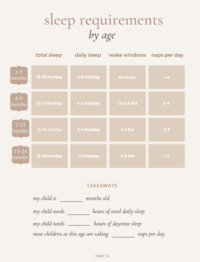
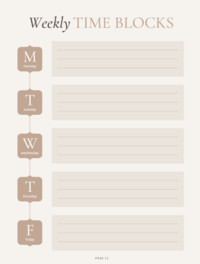
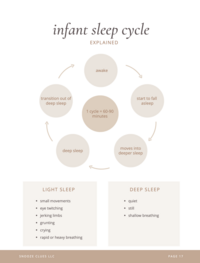



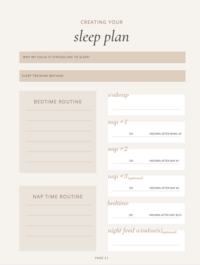
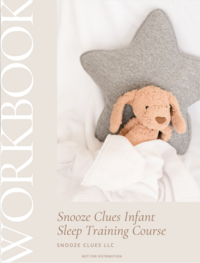
Read the Comments +